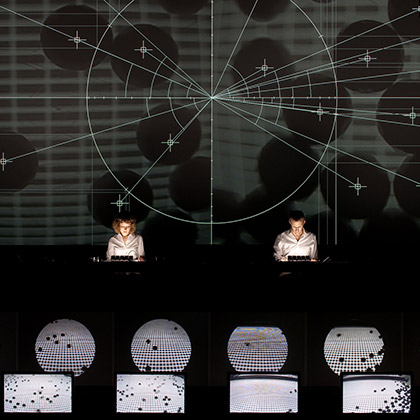
If you want to go to the scariest, most powerful, and most thought-provoking event during this weekend, this is the one. Based on a book by Sister Helen Prejean, “Dead Man Walking” by Jake Heggie is one of the most performed contemporary operas today.
The story, as taken from the School of Music website, goes like this:
“Dead Man Walking tells the true story of [Sister Helen Prejean’s] experience as a spiritual advisor to a convict on Louisiana’s death row. Through his appeals for pardon to the inevitable final execution, Sister Helen stands by Joe de Rocher despite her internal struggle to reconcile her faith in his humanity with the heinousness of his crimes. Her unpopular and controversial choice to attempt to save his soul leads to confrontations with those closely affected by his actions. A powerful tale of compassion and the effect of crime on the families of both the victim and perpetrator, Dead Man Walking is both inspirational and devastating.”
As the students in the School of Music, Theater, and Dance pour their heart into the production for countless hours, their performances will surely leave you with some intense feelings and food for thought. And what’s even better? This performance is on the Passport to the Arts, so you can actually get a free ticket!
Be advised that this opera contains violence and vulgarity.
When: Thursday, November 13, at 7:30pm*; Friday-Saturday, November 14-15, at 8pm; Sunday, November 16, at 2pm
Where: Power Center for the Performing Arts
Tickets: Students $10 with ID (or free using the Passport to the Arts); buy online or at Michigan League Ticket Office
* Sister Helen Prejean, the author of the original book, will be present to lead a discussion session after Thursday’s performance.



